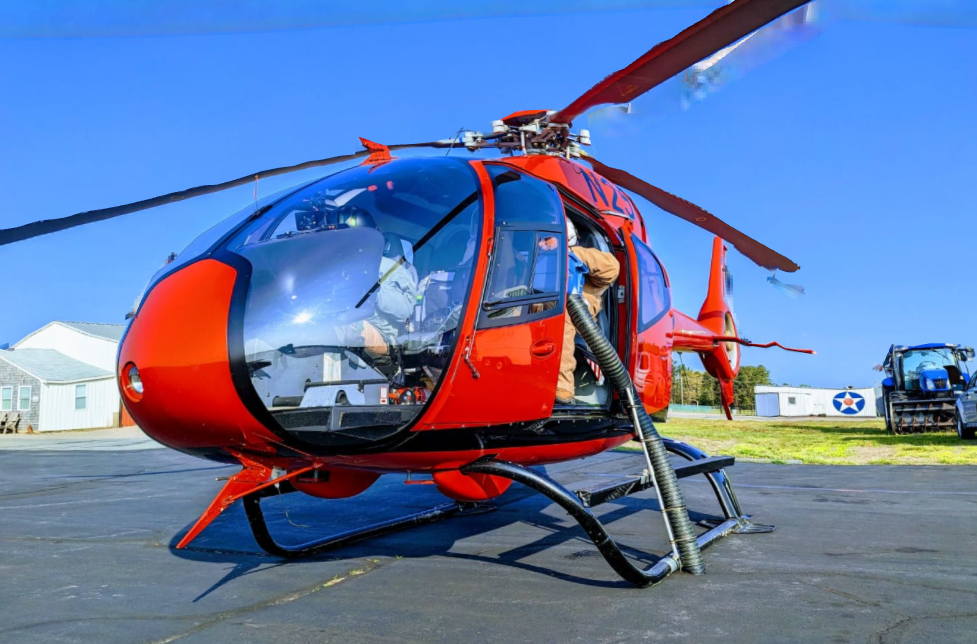
The Cape Cod & Southeast Massachusetts Rabies Task Force Wraps Up Aerial Oral Rabies Vaccine Distribution for 2023

In May 2021, the first raccoon-variant rabies case on Cape Cod in over eight years was documented in Hyannis. In response, USDA implemented an emergency trap-vaccinate-release (TVR) campaign throughout the mid-Cape to prevent the disease from spreading. More than 700 unique raccoons were captured alive and unharmed, vaccinated against rabies, tagged, and released at the site of capture.
To further mitigate the potential for disease spread, the distribution of oral rabies vaccine (ORV) baits on Cape Cod occurred in July and September 2021 from the Cape Cod Canal to Orleans. ORV bait distribution continued in May 2022 from Lakeville to Harwich and Brewster.
The ORV zone was again reduced in September 2022 to the areas that were treated prior to the 2021 Hyannis case. ORV baits were distributed in the towns of Bourne, Sandwich, Falmouth, Barnstable, Plymouth, Wareham, Carver, Kingston, Middleboro, Rochester, Marion, and Lakeville. Approximately 80,000 ORV baits were distributed across this zone via helicopter and by hand (ground vehicles and bait stations).
Rebaiting of the zone baited last September began May 8, 2023. Aerial operations began May 9 and lasted approximately 3 days, with the last flight taking place over Plymouth County on May 11. Ground operations occur May 8-12 and are conducted by town, county, and federal employees as well as volunteers.
People and pets cannot get rabies from contact with the baits but are asked to leave them undisturbed should they encounter them. If contact with an ORV bait occurs, immediately rinse the area with warm water and soap and call 877-722-6725.
It is important to note that the baits are not toxic to pets but may cause an upset stomach if ingested due to the richness of the bait attractant. Pet owners are reminded to keep dogs leashed and under control in order to prevent them from finding baits that are designed for wildlife.
As a reminder, the translocation of wildlife by the public is strictly prohibited. By not relocating wildlife, people help to prevent the spread of rabies and other diseases to non-infected areas.
Follow the CCSMRTF Facebook Page for updates about efforts to prevent the spread of rabies in our region: Cape Cod & Southeast Massachusetts Rabies Task Force | Facebook



